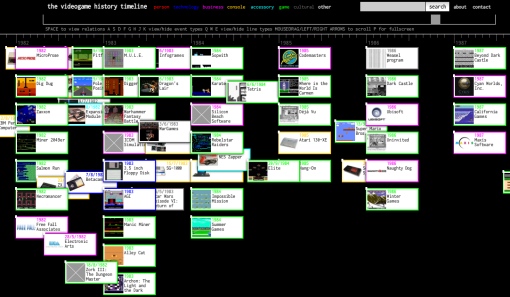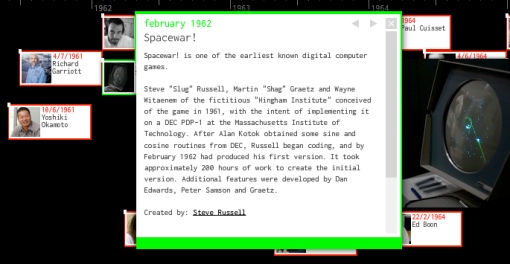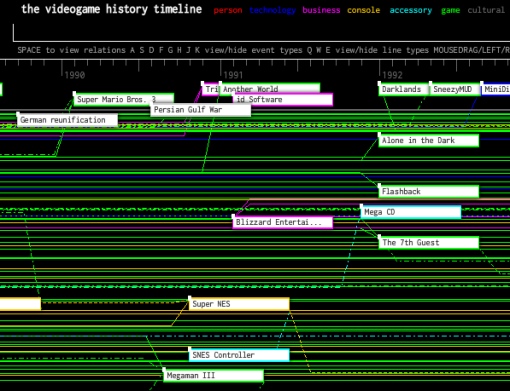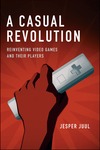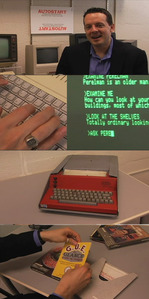Playing the Race Avatar
Race in videogames is not an entirely overlooked topic, but mainstreams games, at their best, tend to play, strech, and poke up against stereotypes rather than offering affirming visions of our identities and communities and how they interrelate. So, I was glad read that discussion of this topic “found its way to GDC ‘10,” as noted in the post “What Color is Your Avatar?” in Brainy Gamer. The writeup covers a industry/academic panel at GDC with Manveer Heir, Leigh Alexander, and my colleague here at MIT, Mia Consalvo. Although I wasn’t there, it seems to relate their important points well, and it certainly offers some food for thought.




